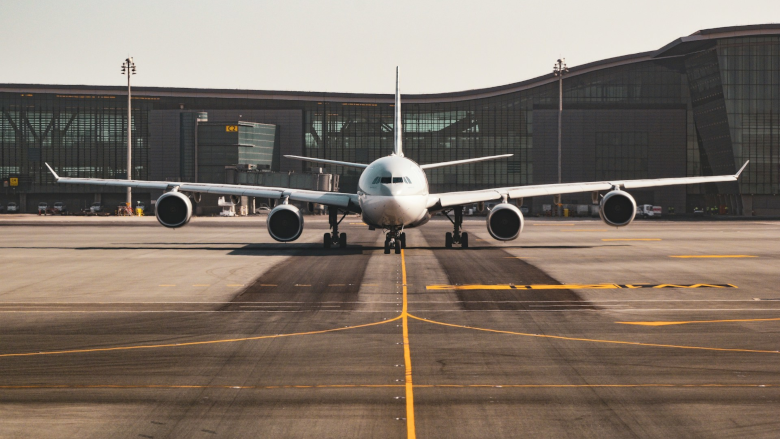
"Although information is still limited, the disruption at several major European airports highlights how interconnected global transportation has become and how dependent it is on shared digital infrastructure. A technical incident with a single provider can quickly cascade across multiple airports, which is why resilience, security and visibility are critical in modern infrastructure."
"Adversaries understand that targeting widely used technology services can result in outsized impact, as demonstrated in countless damaging supply chain attacks. Organizations that rely on third-party systems and vendors need to ensure that every point of access is secured, every connection is monitored and no user or system is automatically trusted."
"Zero-trust security models and privileged access management solutions play a central role in that effort. By enforcing least-privilege access and leveraging agentic AI to revoke credentials as soon as risk is detected, organizations can limit the impact of an attack and maintain public confidence in essential services."
Electronic systems at several major European airports, including Brussels, Berlin Brandenburg and London Heathrow, were disrupted on the night of Sept. 19, forcing manual check-in and boarding and causing delays on Sept. 20. Most travelers experienced only minor impacts despite altered air traffic. Investigations have not identified an immediate perpetrator, with suspicions ranging from cybercriminal groups to state actors and hacktivists. Security leaders emphasize the risks of shared digital infrastructure and third-party dependencies, recommending resilience, visibility, least-privilege controls, zero-trust models and privileged access management to reduce cascade effects and protect essential transportation services.
Read at Securitymagazine
Unable to calculate read time
Collection
[
|
...
]